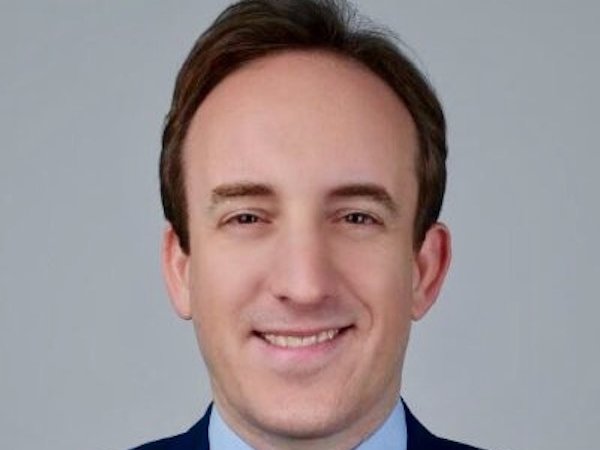After nearly 15 years working in finance at companies such as Blackstone and Morgan Stanley, I witnessed firsthand how companies can make (and lose) money.
The good news is that the financial lessons I learned are not just for the Wall Street elite, which is why I want to share them with you.
I founded Make Lemonade to simplify personal finance and to help people make smarter financial decisions.
Here is my advice on how to make the most of your money.
1. The unexpected does — and will — happen
Financial surprises unexpectedly can impact your financial well-being. They happen to everyone, so prepare for the worst.
Your big deal may fall apart at the 11th hour. Your sure-bet investment may miss earnings. You may get outbid on your dream house.
How you react to financial surprise can be one of your most profitable financial moves.
Buy insurance. Hedge your investments. Plan for Plan B. When you have a back-up plan, the unexpected seems less devastating because you have an alternative, viable path.
2. There are no dumb questions
When it comes to your money, the only dumb question is the one you don’t ask.
It’s a cliché phrase, but relatively few people take advantage of asking all their questions.
If you don’t fully understand the merits of a financial product or service, don’t be embarrassed. Get informed before parting with your money. You are the best protector of your financial house, and asking all your questions is the smartest way to guard against misinformed financial choices.
3. Be careful with credit cards
Credit cards offer compelling travel and cash back rewards, not to mention convenience. But, they can be a financial disaster if you end up with credit card debt.
If you decide to get a credit card, pay off your full balance each month. If you can’t, then credit cards are not for you.
Think of it this way: The interest rate on your credit card is likely higher than the average investment return in the stock market. If you have credit card debt, that lost opportunity cost can significantly hurt your bottom line.
4. Pay yourself first
The best person to look out for your financial best interest is you.
Pay yourself first means that you maximize your retirement contributions through your 401(k) or IRA. If you are self-employed, then open a SEP-IRA. These tax-advantaged accounts will pay off many times over by the time that you retire.
You also don’t have to choose between saving for retirement and paying off debt. Do both. Always make your required monthly debt payment, and contribute at least enough to your 401(k) to receive an employer match. Apply any remaining funds to whichever is higher – your interest rate (pay down debt) or expected investment return (fund retirement).
5. Never stop learning
Learning doesn’t stop when you graduate school. The best investors hone their skills daily. Never consider yourself a true expert because there’s always something you don’t know.
When it comes to financial advice, reading is one of the easiest ways to learn. It can also be one of your best investments.
Also, you can learn from people you work for and people that work for you. Listen intently to others. The less you speak, the better.
6. Debt is not always a bad thing
The general stigma is that debt is bad and should be avoided. Well, not necessarily.
Think of debt in two categories: good debt and bad debt. Bad debt is unnecessary debt that is accumulated through poor financial decisions. Good debt, however, can make you more money, if borrowed and repaid responsibly. A mortgage on an investment property that generates positive cash flow, for example, can be a wise decision, whereas unpaid credit card debt is not.
When confronted with a debt choice, ask yourself whether the debt you are borrowing will make or cost you money. Will the after-tax financial return be greater than the interest cost? The answer should help dictate whether it’s worth the financial risk.
7. It doesn’t matter how much money you start with
Your starting point means much less than your ending point.
When it comes to financial success, it doesn’t really matter where you come from, where you went to school, or who you know. Yes, those things can help – but they don’t prohibit you from attaining financial freedom.
If you work hard, make sound investments, spend responsibly, and save for retirement, you’ll be in good financial shape for the long haul.
Also, getting a late start won’t prevent you from achieving financial success. Ray Kroc didn’t buy McDonald’s until he was age 52. Vera Wang didn’t become a designer until age 40. Samuel L. Jackson didn’t score his first major hit until he was age 43.
So, focus on where you’re going, not where you started. Your future is what counts, not your past.
Zack Friedman is the founder and CEO of Make Lemonade, a personal finance website with free tips, tools and reviews for student loans, personal loans, investing, credit cards, mortgages and more. Follow him on Twitter.




